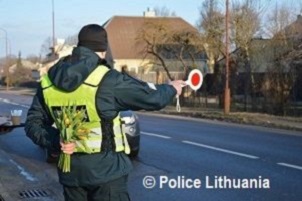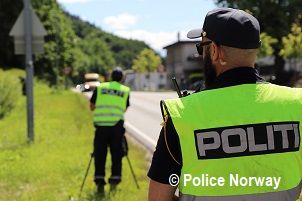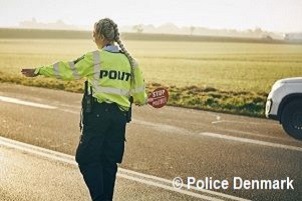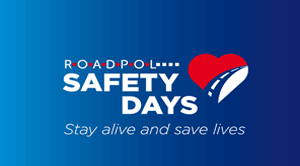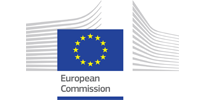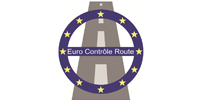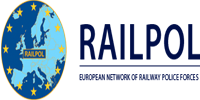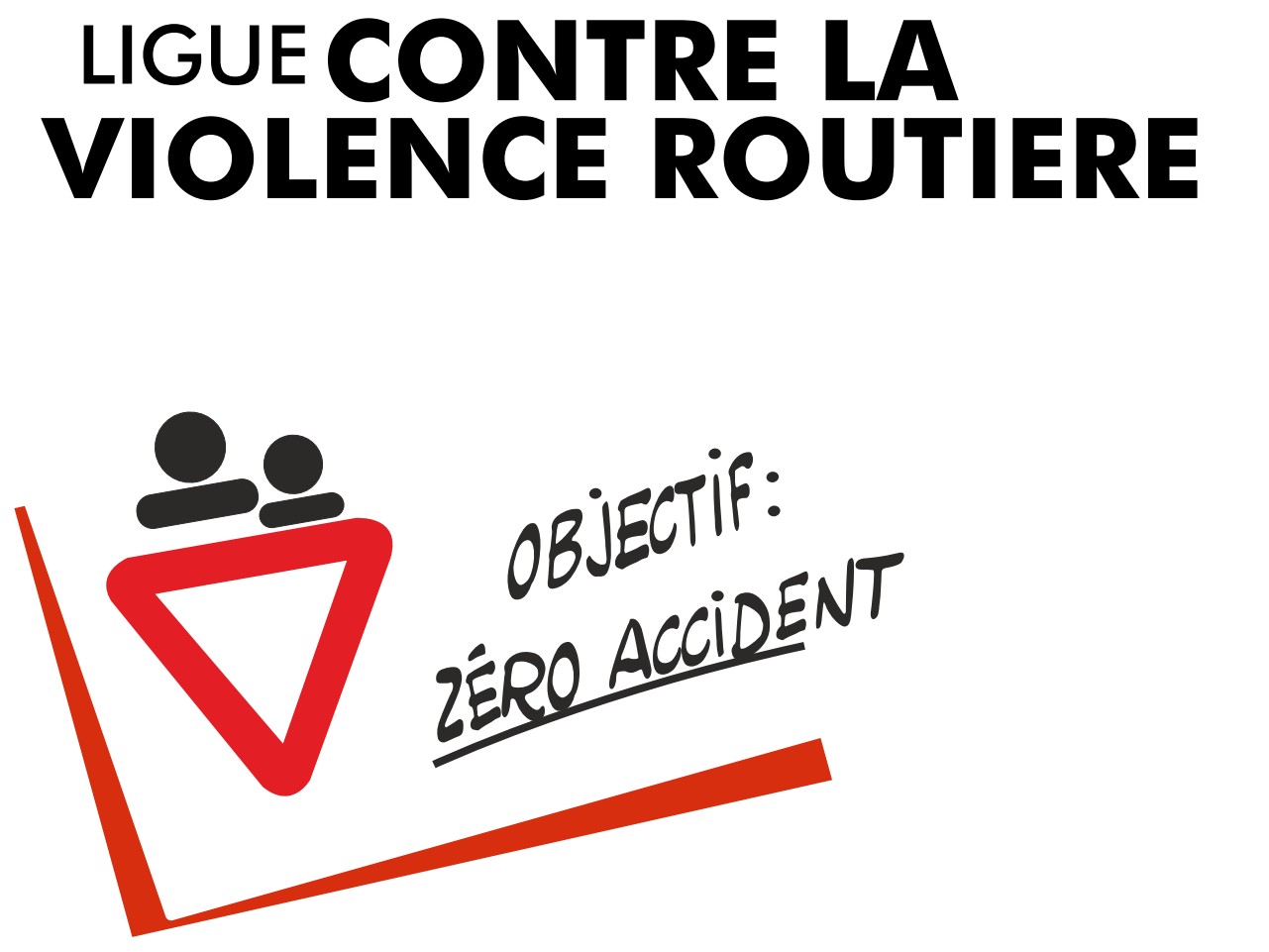ROADPOL President Elvira Zsinkai:
It's Time To Relaunch The
Police Officer Exchange
It Delivers Closer Operative Cooperation Directly On The Field
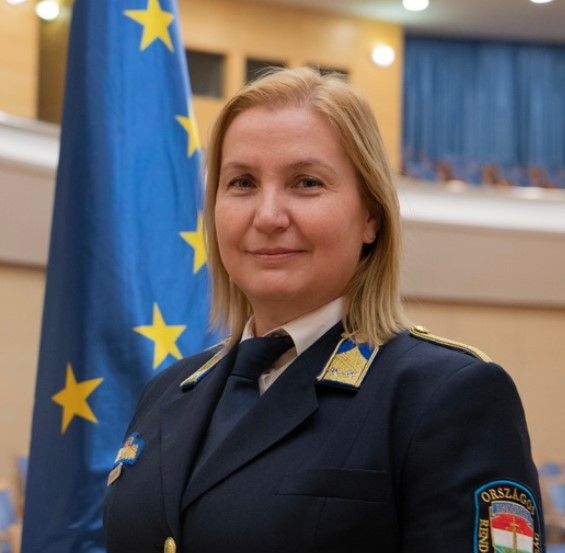 President Elvira Zsinkai. PHOTOS: POLICE.HU15 NOV - It has been less than two months since Elvira Zsinkai took the lead as president of the European Roads Policing Network.
President Elvira Zsinkai. PHOTOS: POLICE.HU15 NOV - It has been less than two months since Elvira Zsinkai took the lead as president of the European Roads Policing Network.
Mrs. Zsinkai, how did you decide to pursue a career with the police?
I was very young when a new series appeared on TV. This series was about a police officer Henk and his dog Rinty (Rin Tin Tin: K-9 Cop). I love dogs and it was the reason to start watching this series. Later on I decided than when I grow up I would become a police officer at K9 unit.
When was the first time you decided to choose road safety as your primary path? Why was that?
It happened more than 15 years ago when I started to deal with traffic crime investigation. I was always interested in the mechanism of collisions and I always wanted to get an explanation of what drivers should have done to avoid the crash.
What are the responsibilities of your position?
As the President I must represent ROADPOL externally on different kind of meetings, ceremonies, webinars and I have to manage the organization together with the General Secretary and the Vice President with the help of the Executive Committee and the representatives of our member states.
Why did you take the responsibility? What does this position mean to you?
I was eligible for the post but I wasn’t sure if the members of the ROADPOL Council be in favor of me. But at the end it was the members who managed to convince me to apply for the position because they fully believed I have all abilities to be a good, reliable and successful president.
For me it is a big appreciation but a big responsibility as well. I can feel the needs of the representatives and I will dedicate my term to consider their wishes and set them in our targets.
Where would you want to see ROADPOL after your term?
One year is not too much but I think if we want a strong and unique organization we should start from the basics and set a common target for the future. We are ROADPOL because of the member states. Our main profile is based on our operations so I would like to see more activities and more co-operations and hopefully more member states on the ROADPOL stage.
Are there any special initiatives you would like to see ROADPOL engaged with?
I would like to go back to our officer exchange practice. Our members are missing this kind of activities which bring us to closer cooperation directly on the field - on operative level which is the essence of traffic police work.
In view of ROADPOL's three pillars – 1.enforcement, 2. experience exchange and education and 3.public awareness – what changes or new paths would you like being discussed and implemented? What can be improved?
All of them are important but as I mentioned before our main profile is enforcement, so we have to focus on that first. Education and experience exchange is also crucial. We can make our operations better if we have wide range knowledge about new tactics, methods, new equipment. But enforcement itself is not enough to reduce the number of fatalities on the roads. It is just one slice of the “cake”. We need wide range co-operation, which can cover the public area as well. To increase the public awareness with information sharing, using the social media for educative purpose is essential. During our last meetings we already discussed that we need to change the way of communication and we already made the first steps for that so I hope we will see the positive effect of it soon.
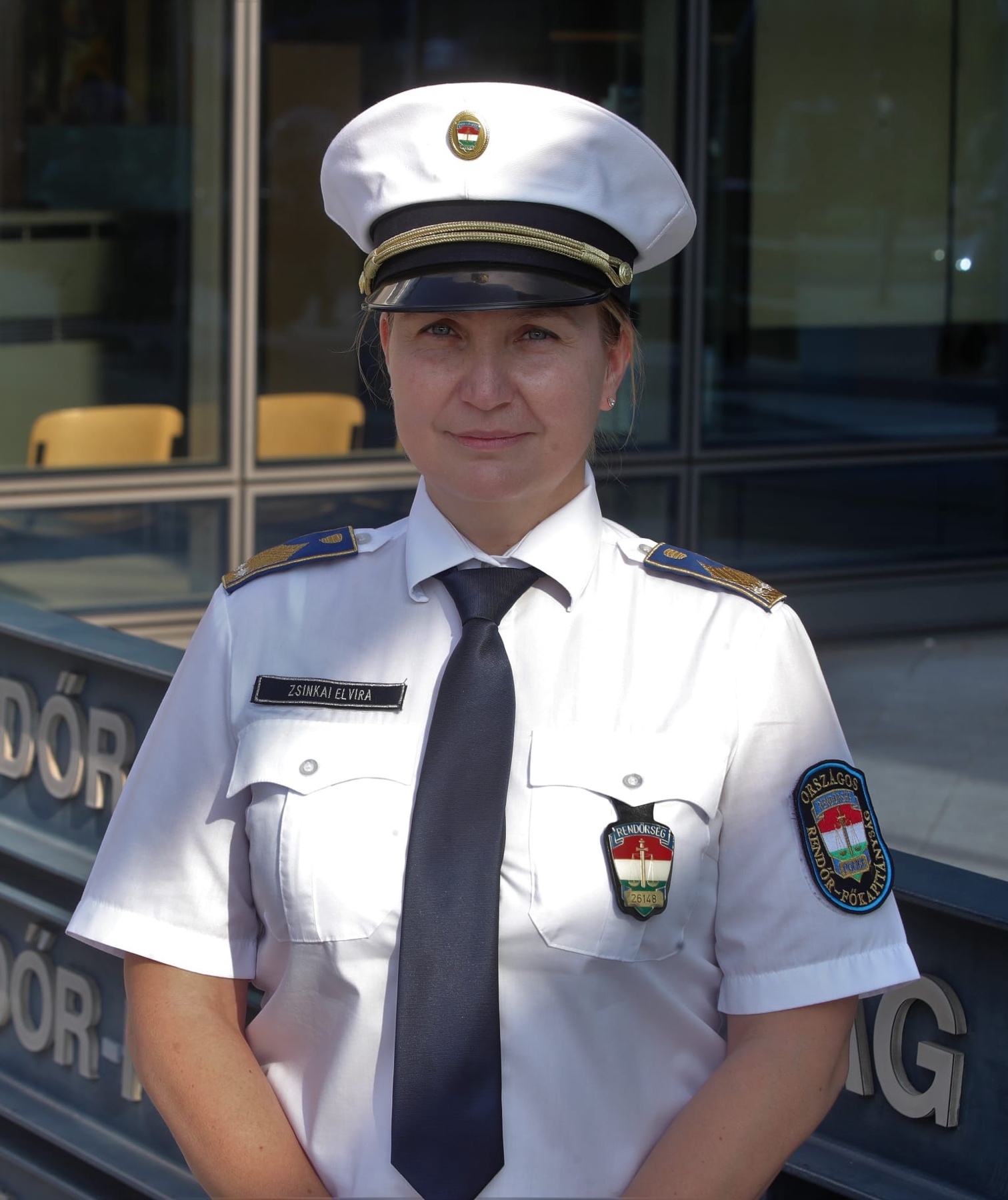 As of now ROADPOL has a few missing EU member countries? Which countries would you like to see in the network, and would you actively search for ways of enlargement?
As of now ROADPOL has a few missing EU member countries? Which countries would you like to see in the network, and would you actively search for ways of enlargement?
Yes, we really miss some countries, like Greece, Ireland, Slovakia, for example. My colleagues have already started a discussion with a potential new member police force, but I don’t want to make a premature statement on it. I just hope the ROADPOL family will be larger after my term.
ROADPOL's latest Autumn Annual meeting in Madrid marked the first time Ukrainian police officers participated. How do you view your cooperation with them in the future and is full accession on the horizon?
The situation of Ukrainian Police is difficult at this moment and that is why their efforts – to be the member of ROADPOL - are very much appreciated. One of the benefits of being part of an international organization is that every member can have an insight on other members and share information. I think we can learn from the Ukrainian colleagues and maybe they can learn some useful ideas through our meetings and seminars.
In prevention and enforcement – is there any specific road safety problem (commercial transport, alcohol, drugs, speed, etc.) which you would like ROADPOL and its members to prioritize and target more actively?
Speed is the main killer on the roads, but it is not the only one on which we should focus our work. All traffic offences are a risk and can have grave consequences. All countries are facing new challenges in road traffic, like micromobility vehicles which more and more people use. Cycling is a mode of transport which is increasing rapidly, so exposure to risk in the motorized traffic is bigger for this road user group. Distraction caused by using a mobile phone and similar devices is another road safety issue, for which a new approach and new enforcement solutions must be found.
Drugs on the road are notoriously becoming a pandemic of itself. What can be done to make the Police more effective against a growing problem?
Newer and newer drugs appear on the market with hundreds and thousands of new active substances every day. From the police aspect it is very important to keep up and being well informed about the new drugs and their usage symptoms. This is why police trainings and different education programs are crucial as well as special equipment and tools to detect the drug use on the spot.


